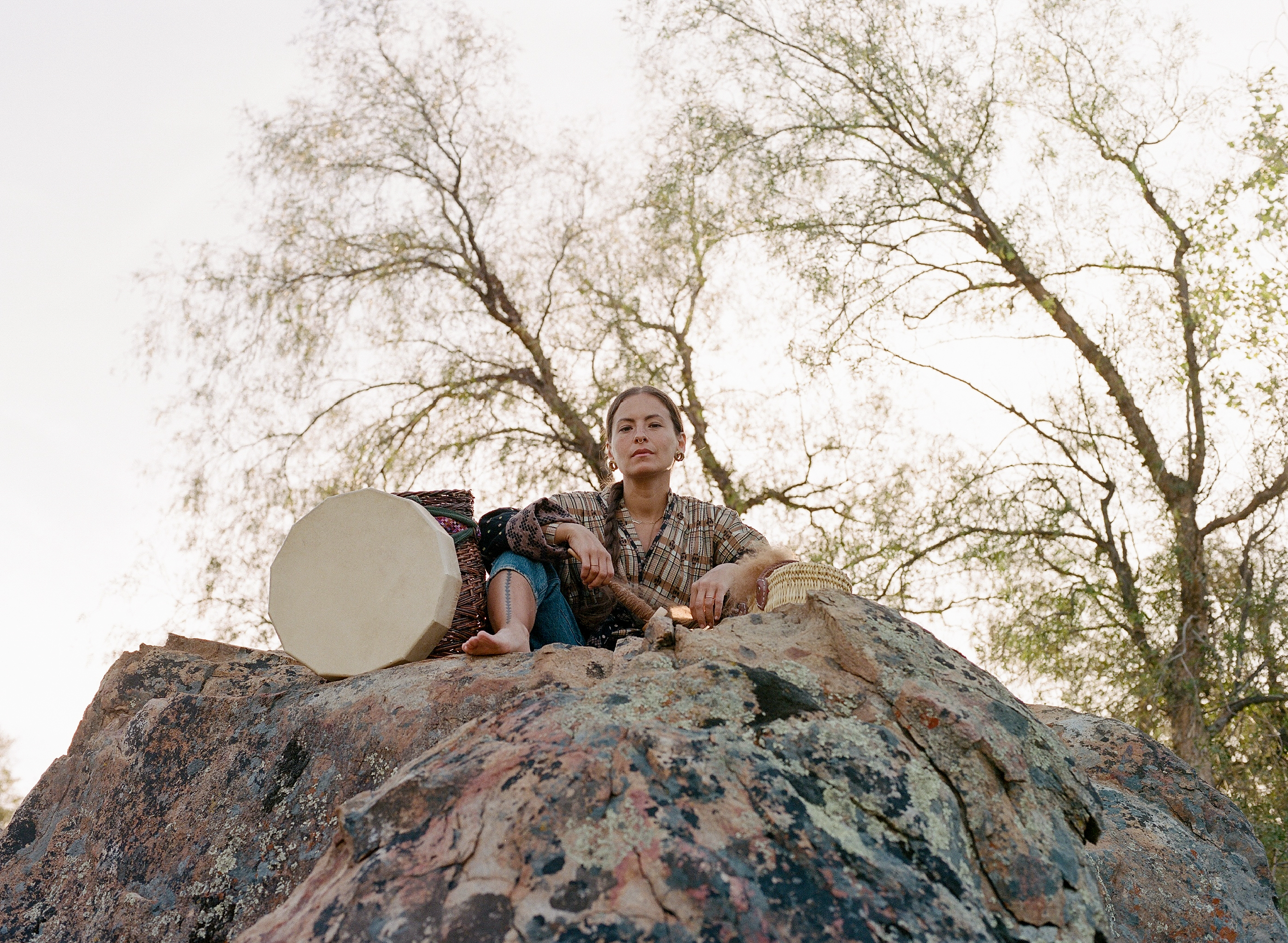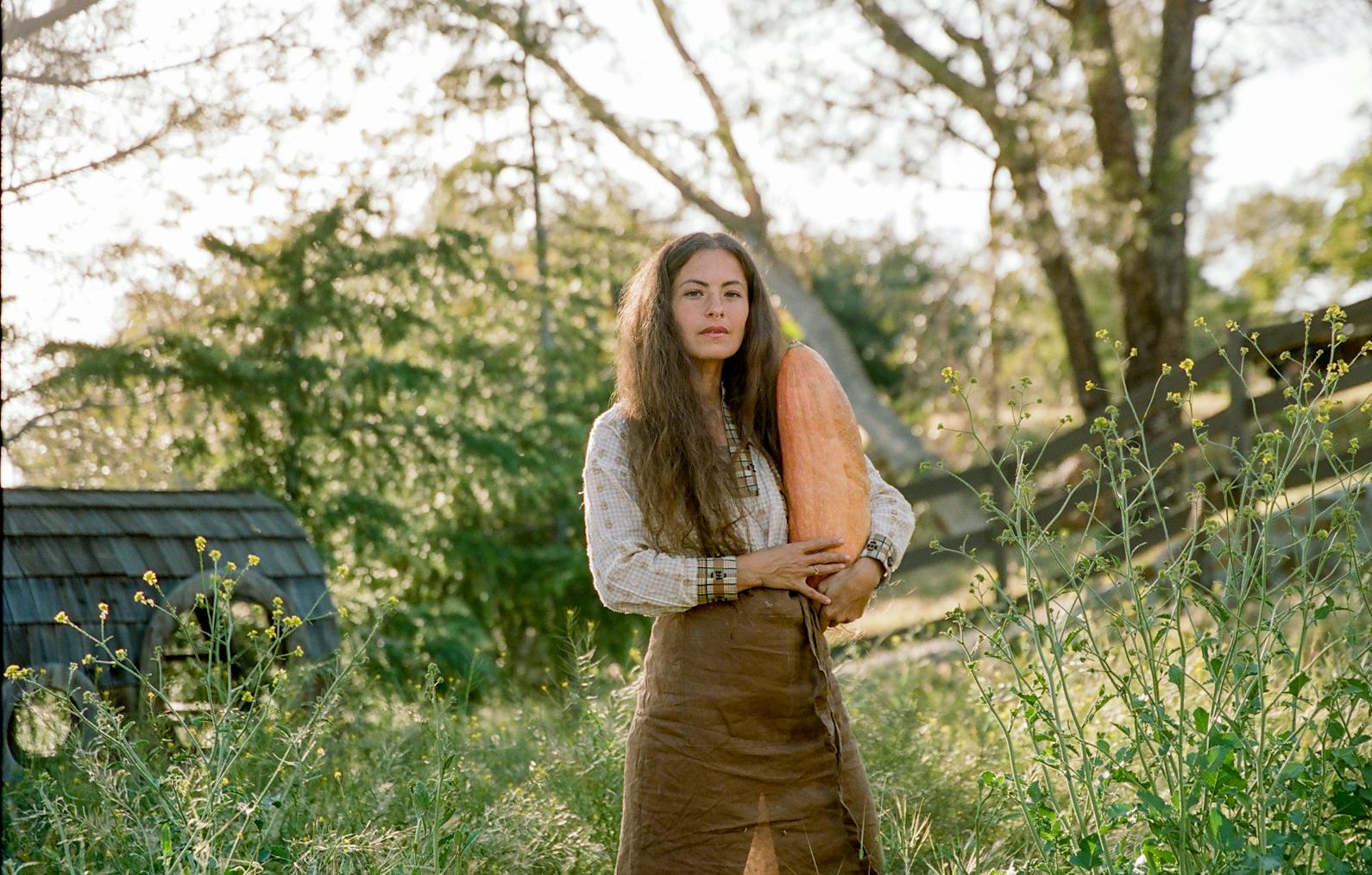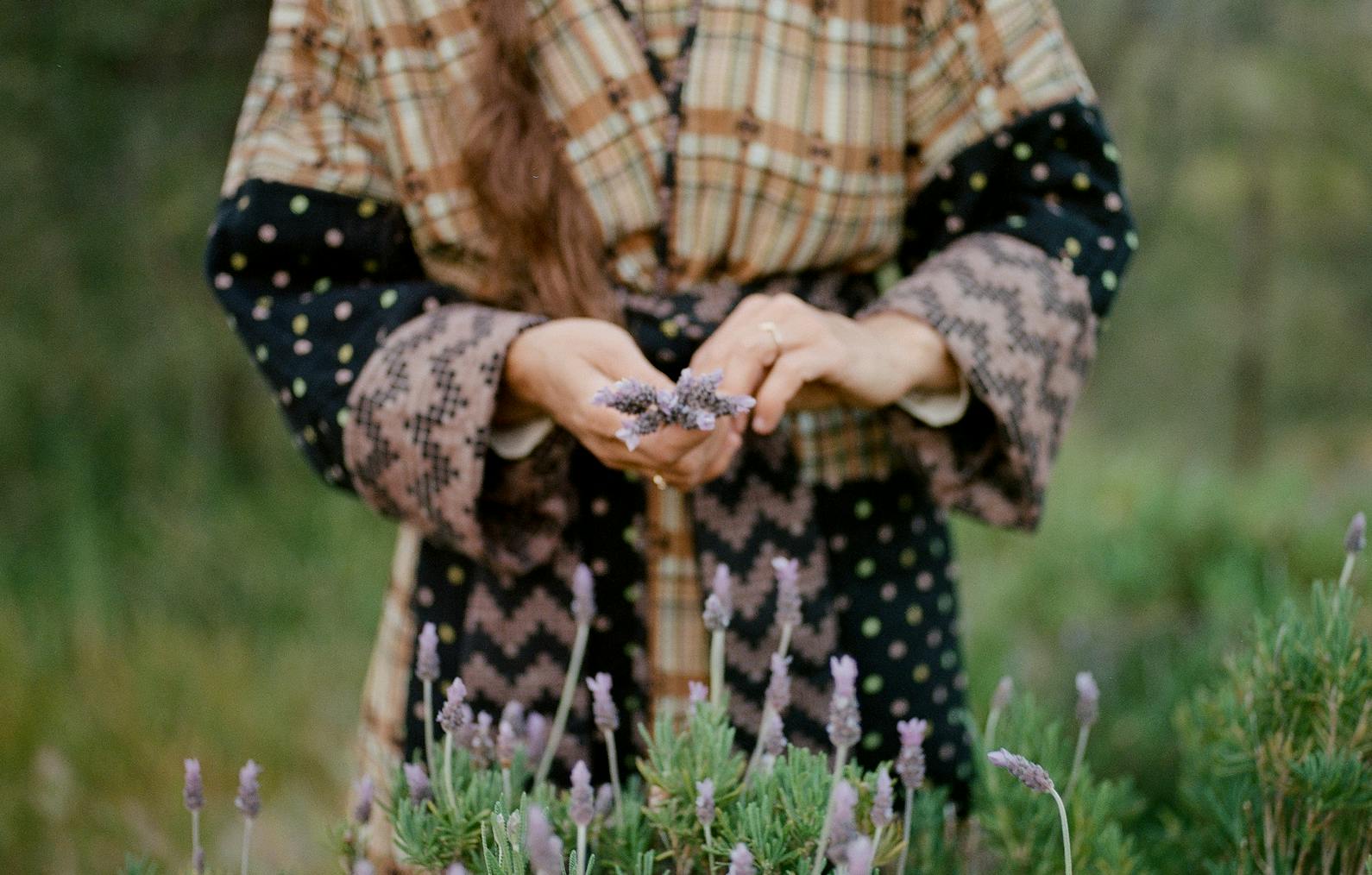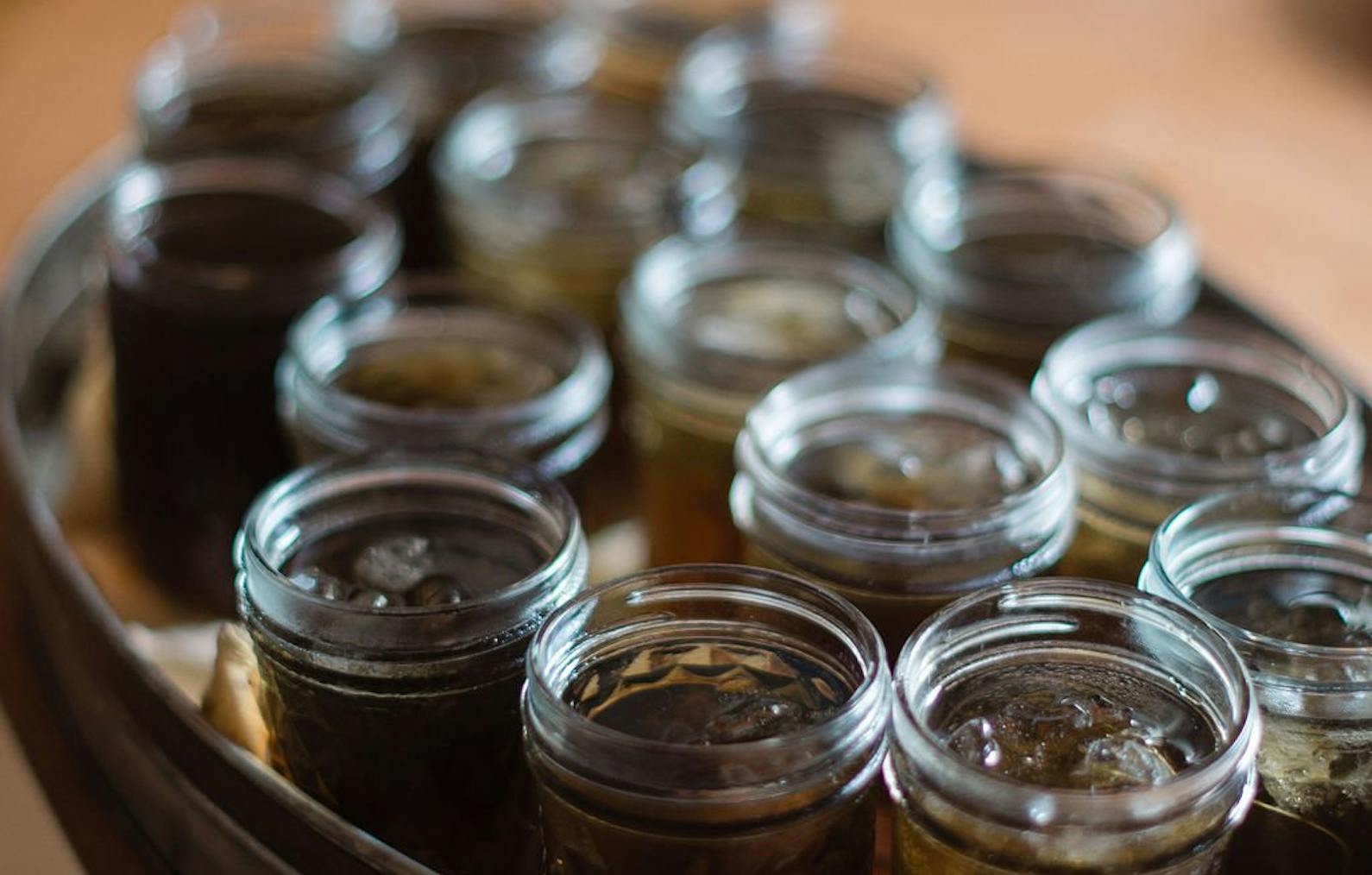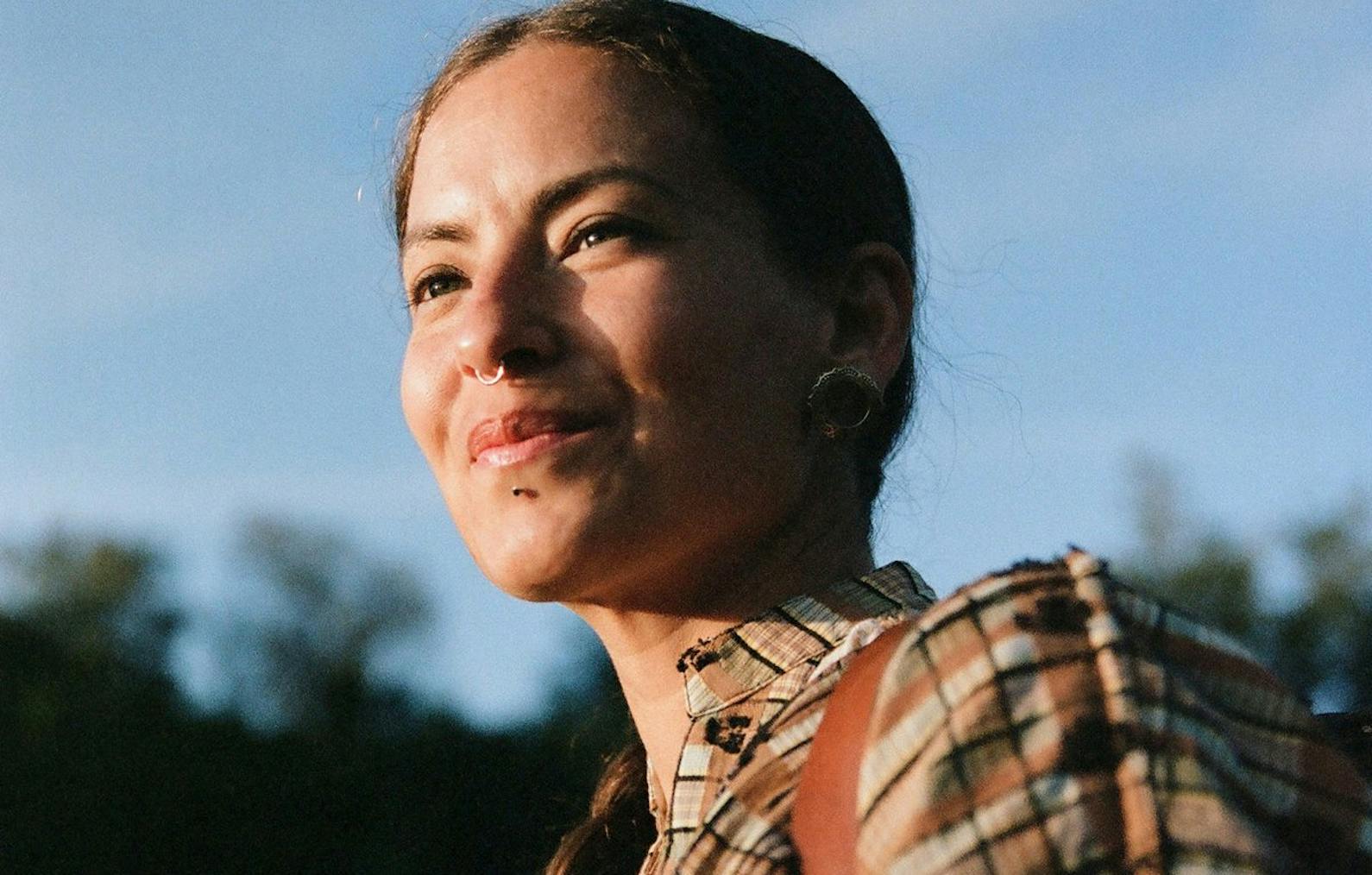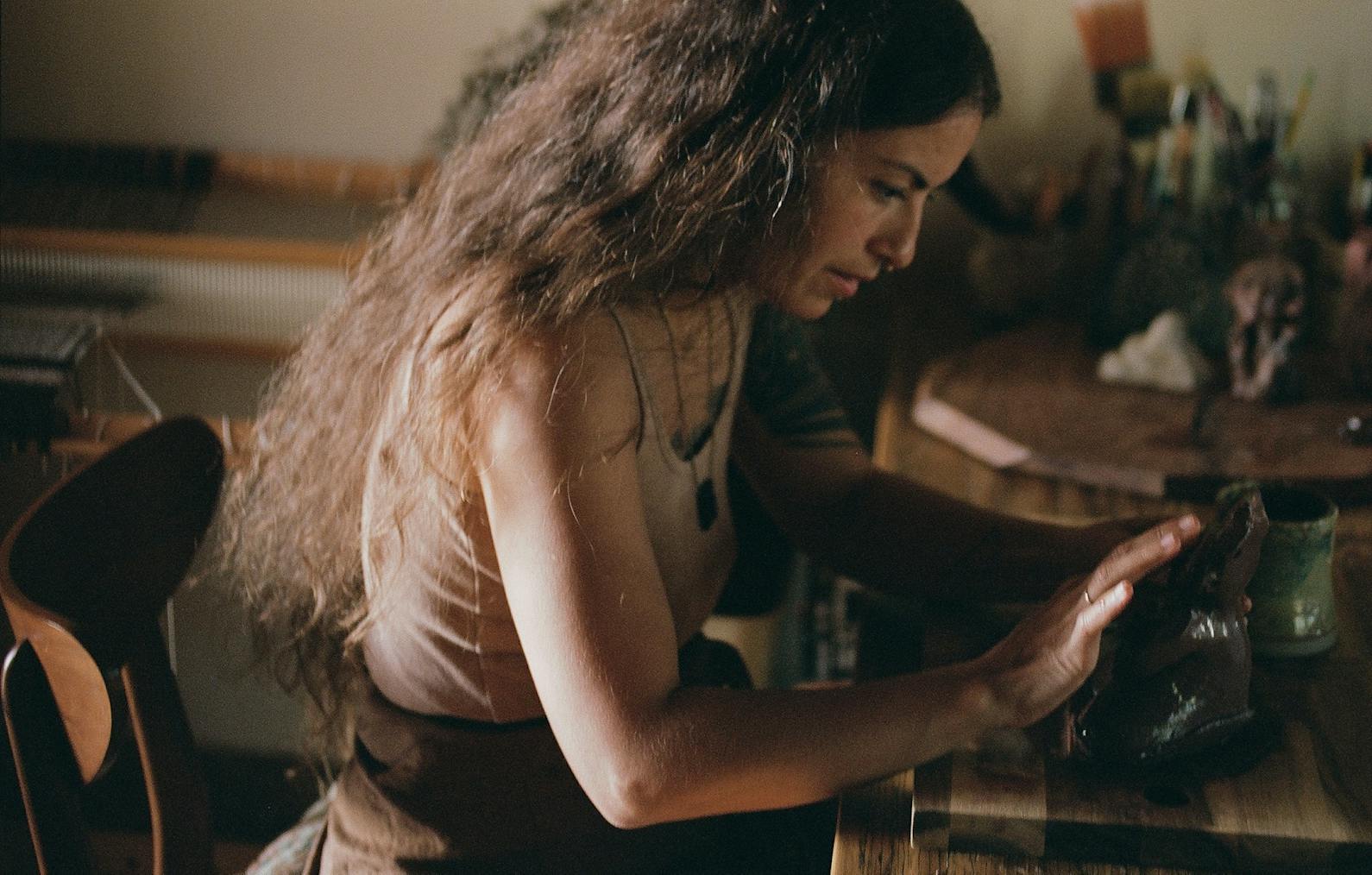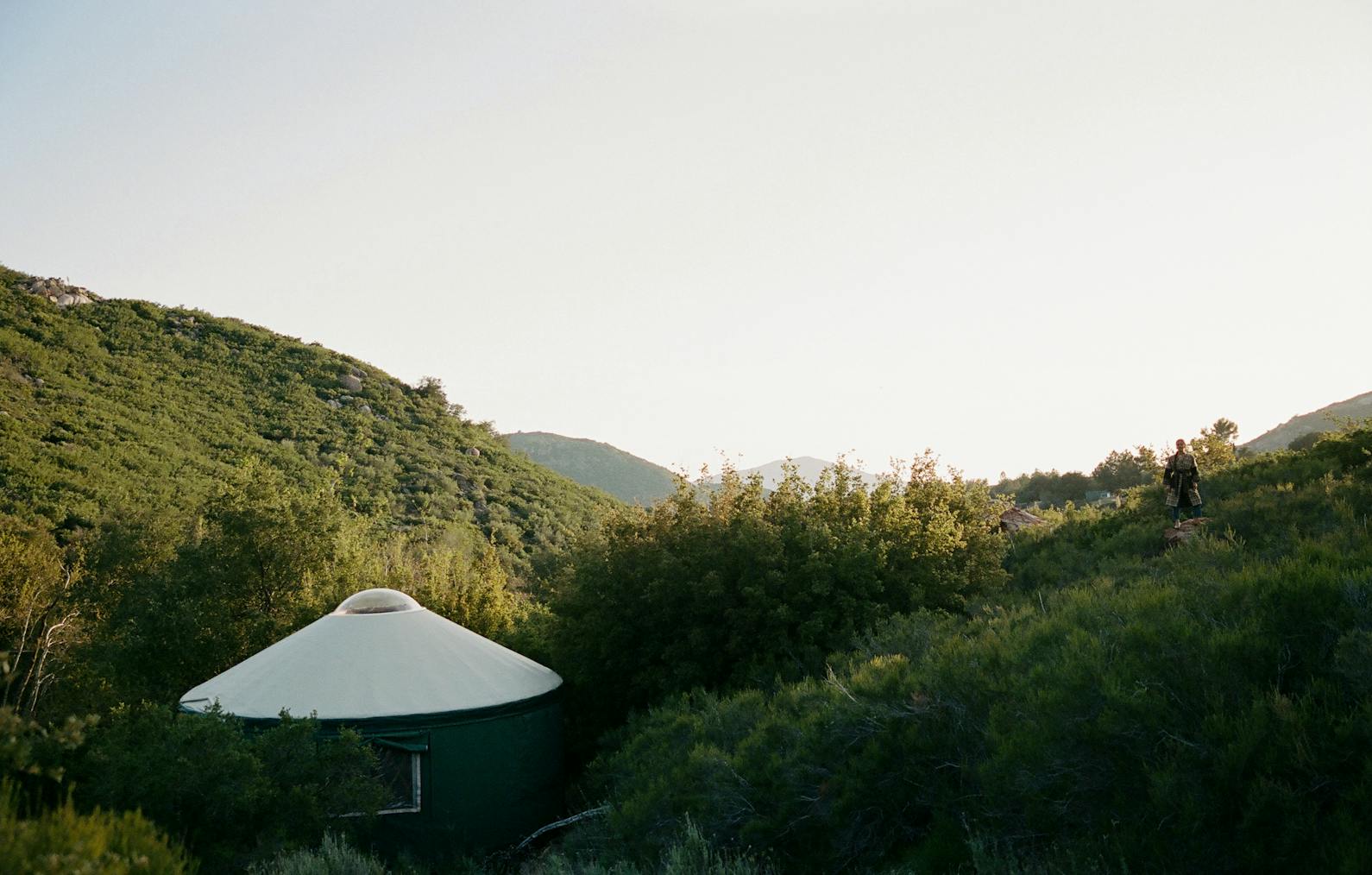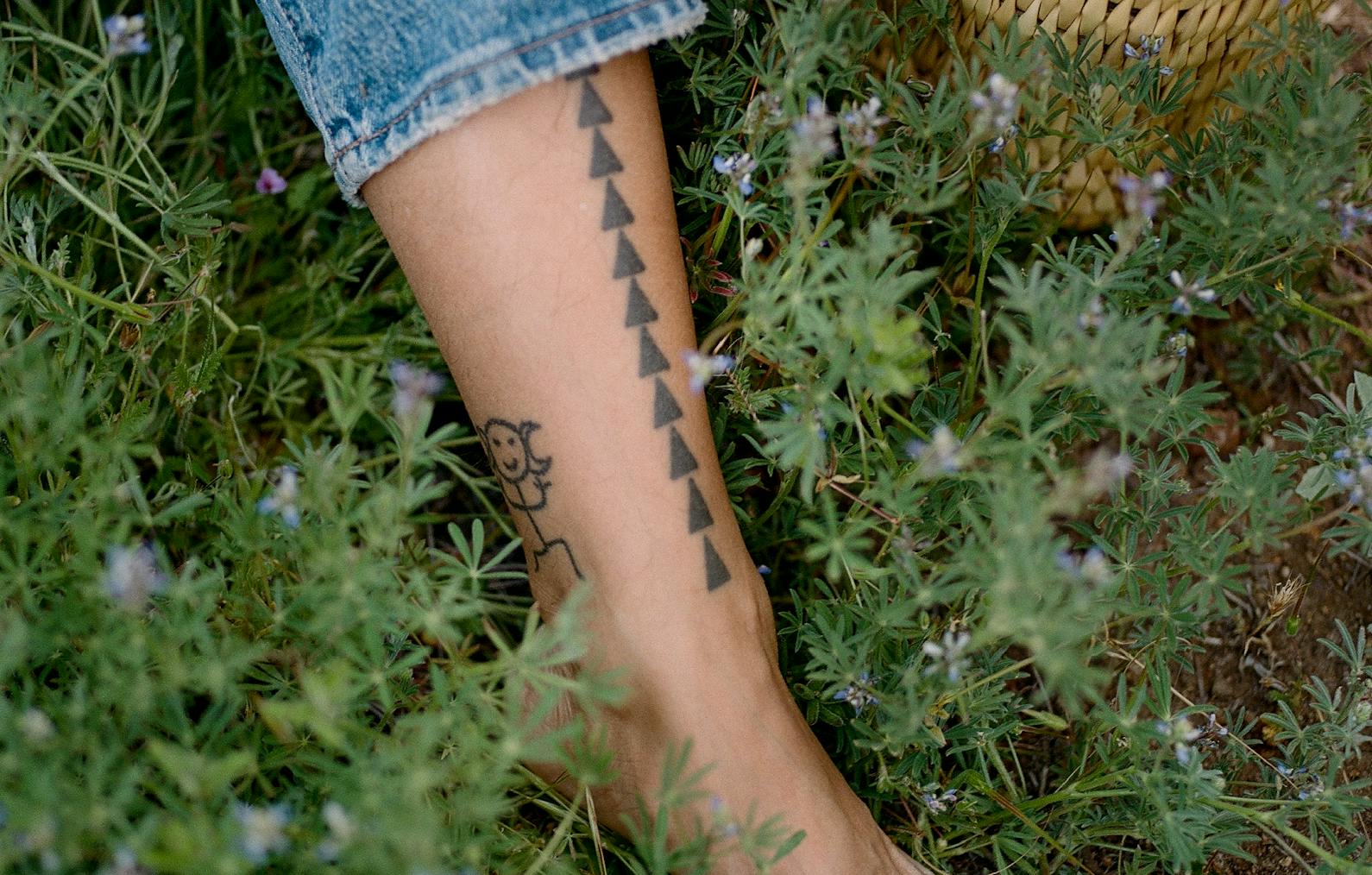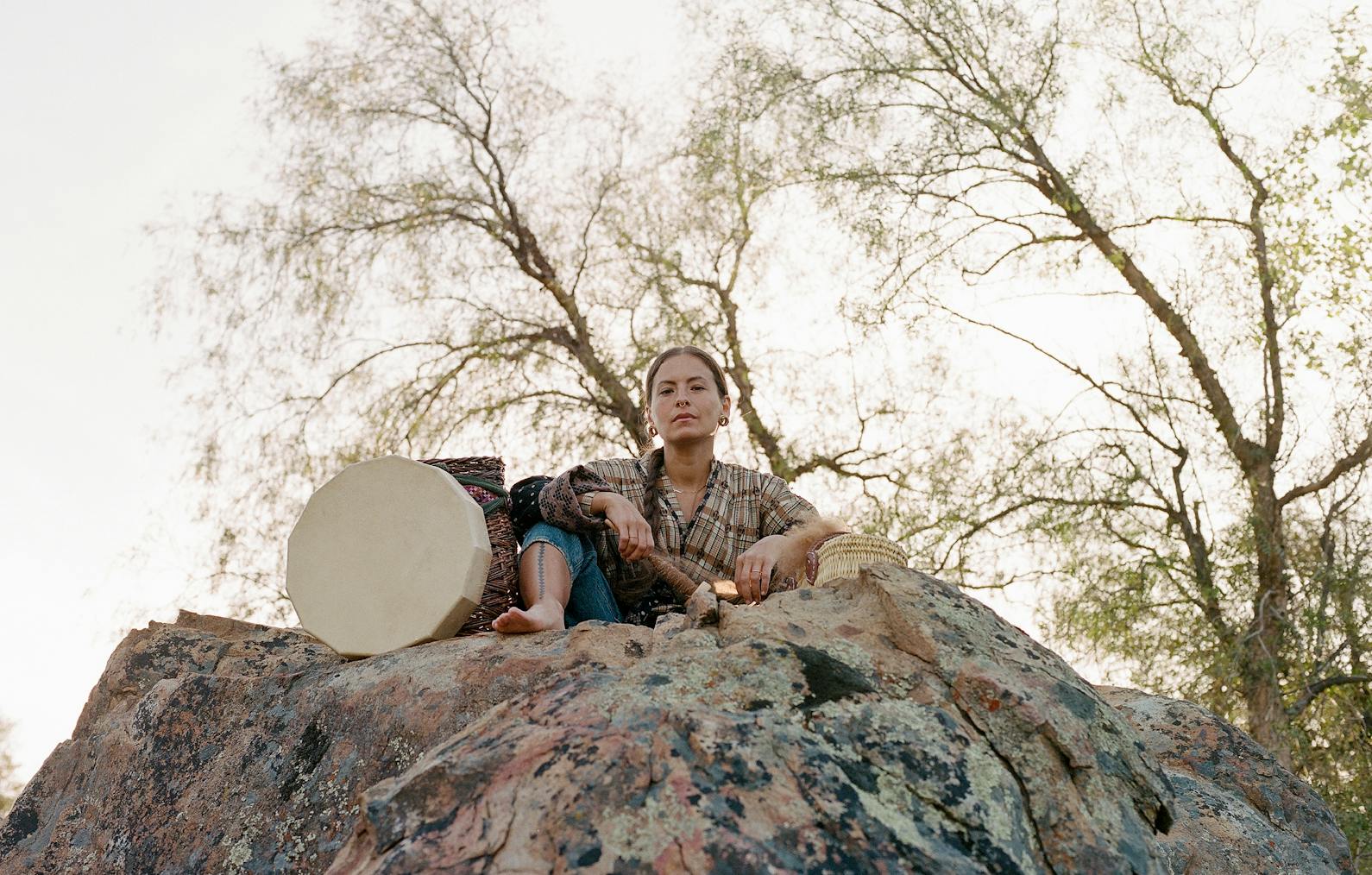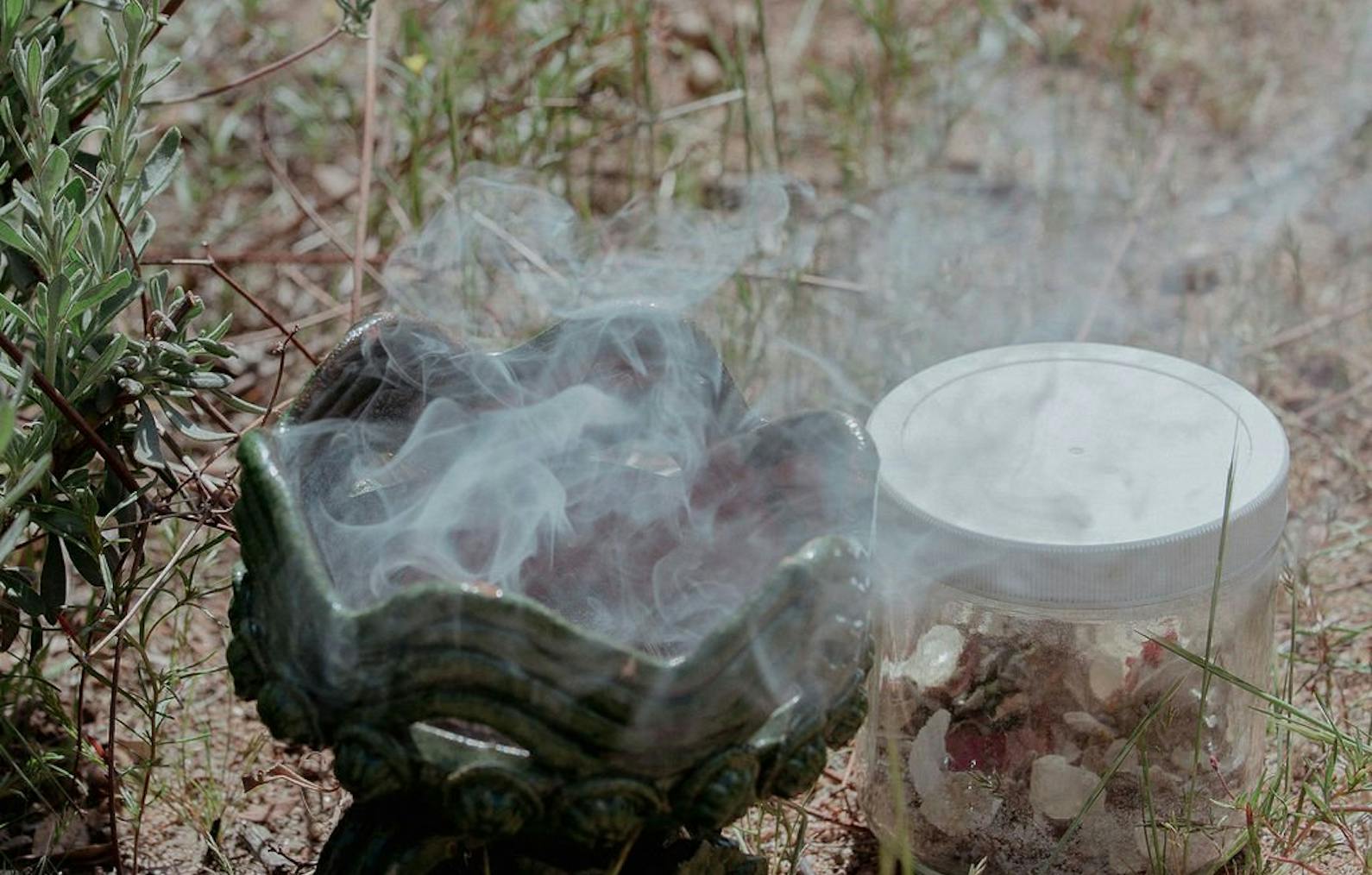Folk Medicine
California
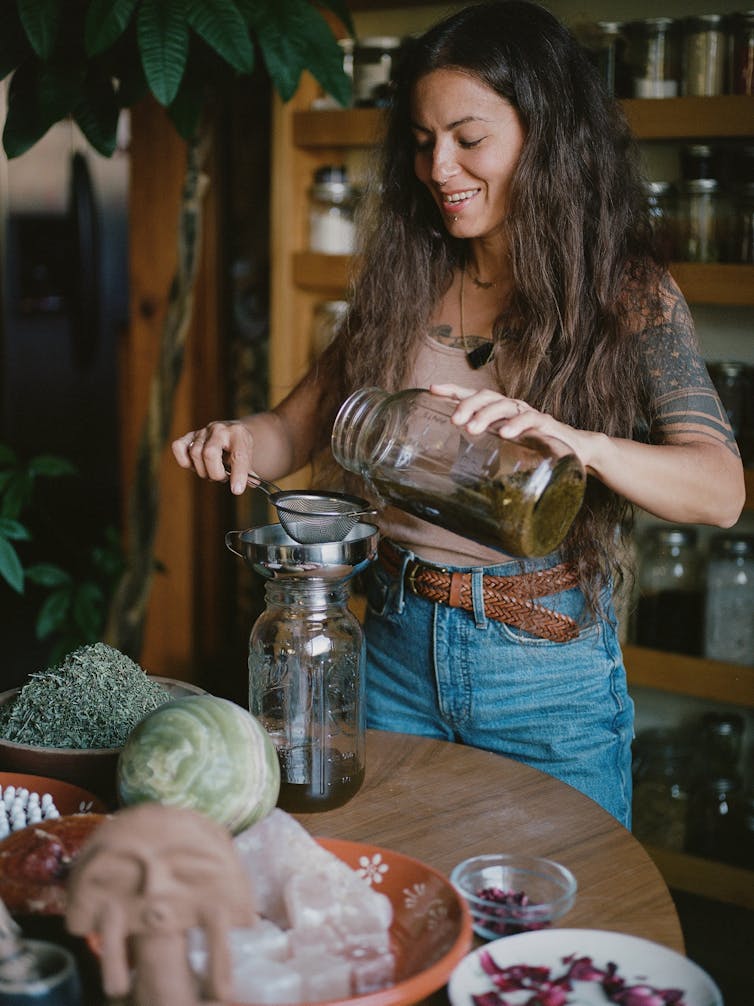
“Through these direct experiences, we hope to spark a remembrance in people, and then provide the support and inspiration to go and do their own research and really learn how to have experiences of intimacy and connection with the natural world and the spirit within all things.”
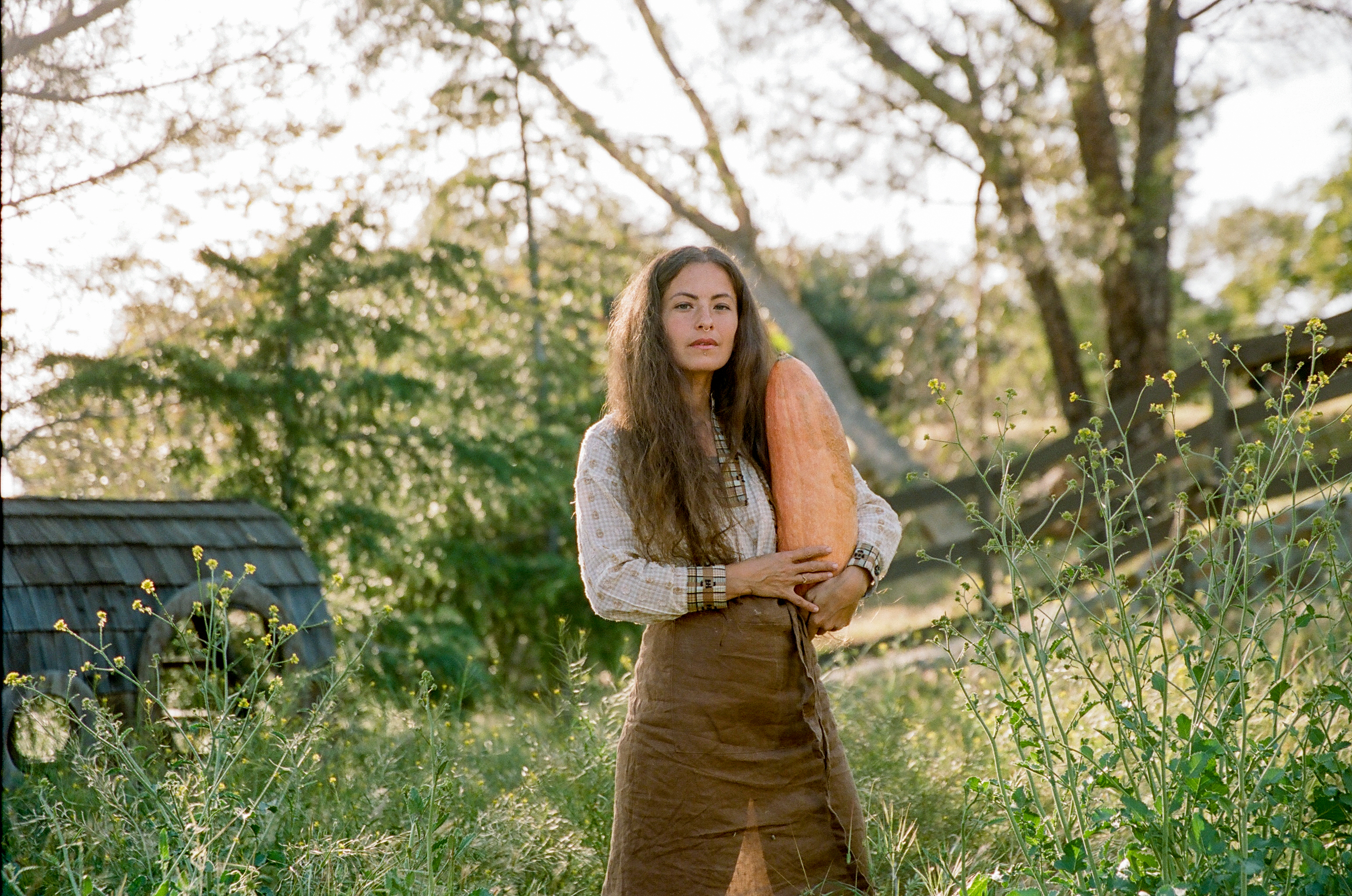
What is your current offering?
My main offering at this time is called Medicine Mandala. It's a folk medicine apprenticeship, a constellation of the most important elements of our own awakening and maturation process as a human on earth. It is a deeply personal program that I see as really a bundle of multidimensional survival skills for women.
How do you describe your work?
When people ask I usually say that I am a folk medicine practitioner. I like that it’s a broad title that implies there are many aspects to the work we do. In the apprenticeship, the curriculum brings together dream work, traditional nutrition, preventative folk herbalism, relationship sciences, and culminates in a women's initiatory rite. Education in the context of initiation is really important to me. I think it’s a big part of why I'm here, because in our culture, we don't even remember what an initiation rite is, let alone why it's important.
Why is initiation important?
One of the purposes of initiation is to give us an actual memory of some kind of life or death experience to draw from when we meet with the inevitable challenges of life. That way, you’re not thinking “I hope I can make it through this”, because you know you made it through the other thing and can make it through this now. There's sometimes a sense that if our initiation wasn't under the full moon where we are gifted a ceremonial garment and a special name in a ritual observed and validated by our whole community then we are uninitiated and that's just not true. If you are alive right now then you are in your initiation year or lifetime.
What are the core values of the Medicine Mandala apprenticeship?
With the curriculum and the teachers that we bring in, we're sharing things from intact traditions. We say “sharing wisdom and skills across the maiden-mother-crone continuum.” Many of these are tools and skills that women have been passing on to daughters and granddaughters for generations. It’s very holistic. We’re inviting people to feel the difference between receiving from someone who's either born into a tradition, or fully initiated and given the blessing and permission of the elders, versus learning something through a Youtube tutorial. We think that you can feel the difference and our program exists for folks who know that they want to receive certain teachings in the context of a real relationship.
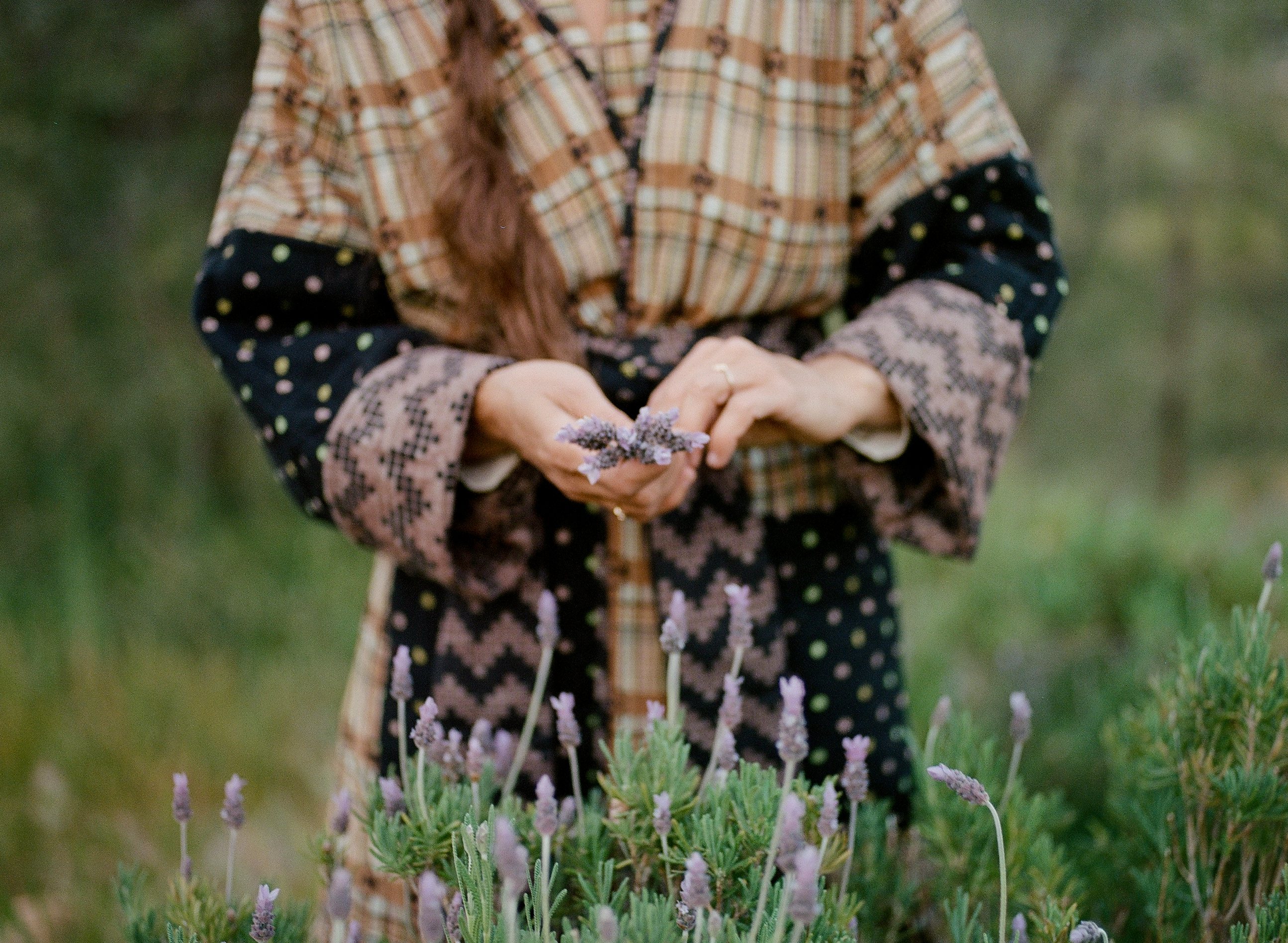
What do you hope people take away from the program?
We hope to spark a remembrance in people, and then provide the support and inspiration to go and do their own research and really learn how to have experiences of intimacy and connection with the natural world and the spirit within all things.
How did you arrive at this work?
It’s been pretty slow and organic. I have always been drawn to many different art and healing mediums, so have felt an inner stream connecting all the things that I have lived through to everything I’m sharing now. I worked in retail in my teens and twenties, and later while studying Tantra, I learned that my main soul goddess is the goddess of costumes and that changing the costume to change the energy is a huge part of her magic. I worked as an accessories designer, but all of my lookbooks reflected everything I am saying now. I taught in public schools and in prisons, and that made me a better teacher in my chosen environment, which is under a tree. It also gave me the stamina I needed for dealing with challenges that come up as a result of bringing people from different cultural backgrounds and life experiences together.
Is folk medicine part of your lineage?
It is part of all of our lineages. If we are here now it is because our ancestors knew how to take care of and heal themselves by working with the fruits and barks and leaves and roots and animal relatives. My path and healing has required a combination of my actual blood lineages and work that I have sought out to help fill in the missing pieces of those traditions. I’m Taino on my mother’s side, which has been a tri-cultural group for a long time because of the movements of the slave trade in the Caribbean. And on my father’s side, we are English, Irish, German, and I believe a little bit of Scottish based on my own research. My mother and grandmother were always doing healing magic and had a healing presence, but they never said “we are a family of healers and medicine women and you will be groomed and trained and passed a sacred bundle.” Folk medicine is the people’s medicine, so it is shared in humble ways, like my Puerto Rican grandmother showing me how to stuff freshly harvested Rue from her little garden into the plastic isopropyl rubbing alcohol bottle to make a rub for leg cramps, or my german grandmother showing me how tasty venison medallions are when sauteed in a little butter.
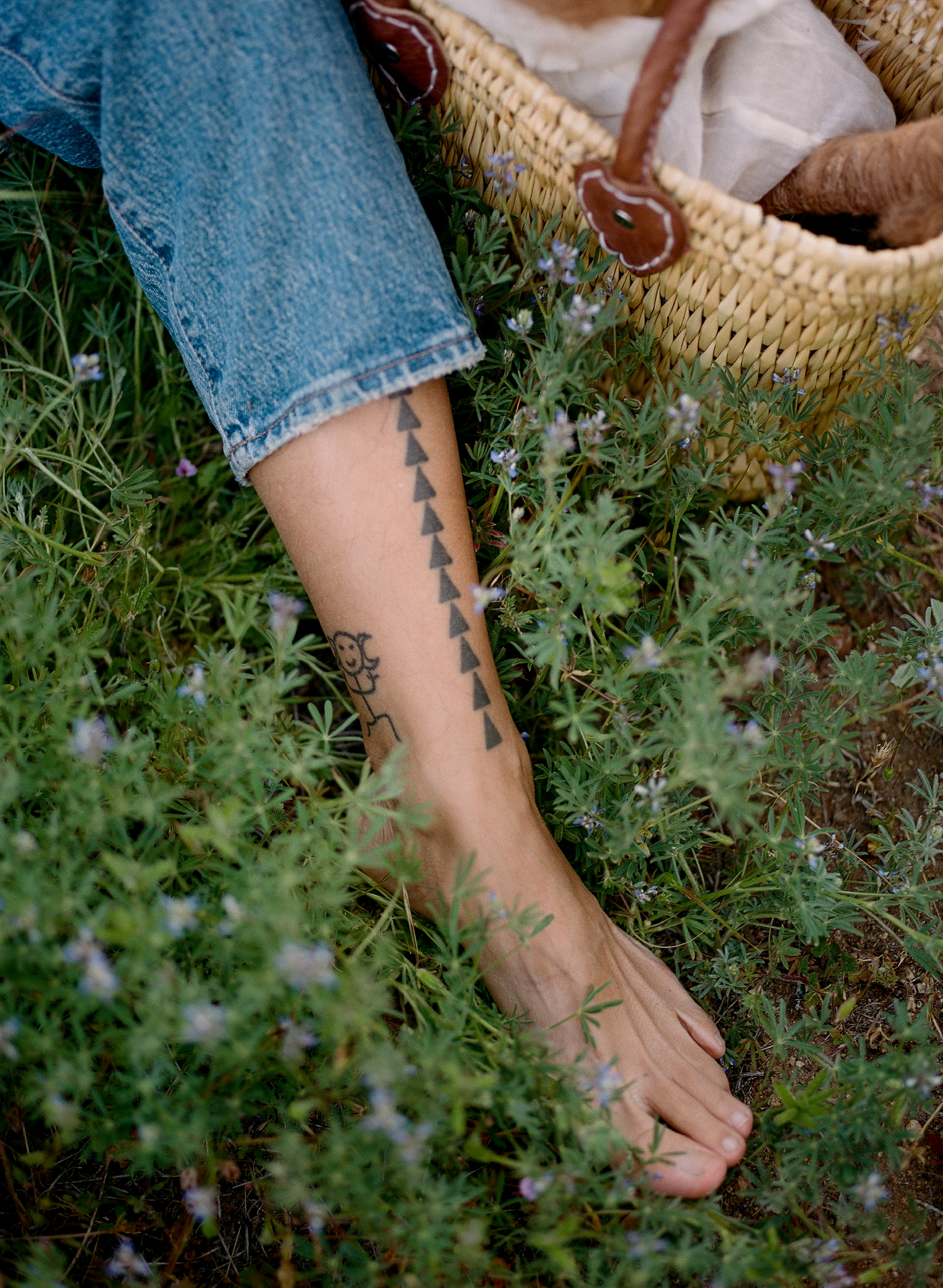
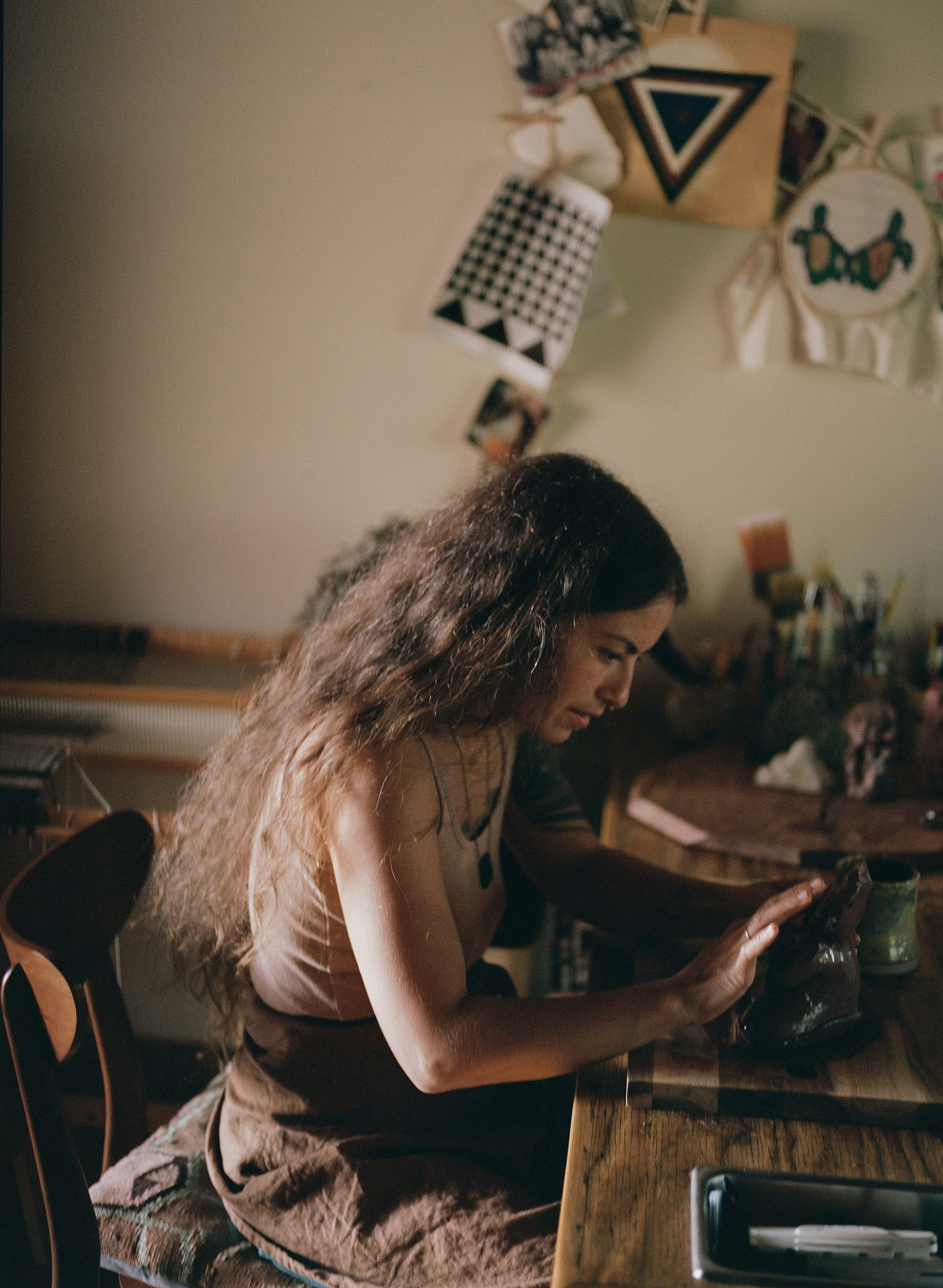
How has decolonization played a role in your journey?
Decolonization may mean different things to different people based on where we live and who our ancestors are, and whether we are working on the personal, familial, community, national or international level. Being a mixed person raised biculturally makes this a complex issue for me and I felt pretty tormented inside growing up. Although my father’s lineage went through periods of being oppressed, they came to this country as colonizers. The invitation there seems to be to learn as much as I can about the individual family members histories and how they interacted with the indigenous people of this land, learn as much as I can about the indigenous people whose lives have been affected by my ancestors arrival, and be vigilant for any opportunities to make meaningful reparations and be in right relationship here and now. This has been very slow and tender work. On my mothers side, we are the survivors of a fairly recent attempted genocide, where so much of our culture’s knowledge and wisdom was destroyed. For these ancestors and these parts of me, decolonization has been about reconnecting and sharing stories with my tribe who understands my particular type of wound like no one else. We do a lot of borrowing information from other Taino islands and Arrowak nations who were able to preserve more of our ways and use these learnings to recreate some sense of intactness in the ancestral stream. It is a patchwork lineage because it has to be. In ceremony I also do a fair amount of courting alliances with the nature spirits of my ancestors, learning their true names and asking them to come and guide my steps and illuminate my path. At this point I understand decolonization to mean remembering and embodying the very best of my ancestral traditions.
What does personal work have to do with bigger collective shifts?
I consider activism to be like healing work on the planetary level, where there are these big structures that need to change in order to facilitate our individual bodies and allow for a more liberated, authentic, joyful expression for all beings. Working on that level requires a lot of stamina, vitality, and grit - qualities that don't just “happen” even if we were gifted with a strong, healthy body. If we don't ever learn any self-care, then at some point we burn out, so some of us need to learn how to retain some energy for ourselves in order to tend to the gifts that we're given. I am someone who is working on trusting that when we prioritize deepening our embodiment of our values over trying to get others to adopt our values, positive changes can ripple outward in an organic and lasting way.
What is Río Cósmico?
We call our homestead Río Cósmico. It’s a beautiful wild piece of land where I live with my family. For us it is a temple that we feel very happy and honored to be tending. Then we have Escuela del Río Cósmico, the online school that is open to everybody, as well as the Río Cósmico podcast.
How can people connect with your work at Rio Cosmico?
We try once or twice a year to invite the local community to come out and have some rituals around the seasons. Then we have our Patreon community, which hosts our Library of Earth Magic which has somewhere around 200 pieces of content, everything from recipes to recordings. We have seasonal support and fellowship live calls for members of the library, and then we have the podcast which is free, where we interview other wisdom keepers. All of these can be explored and accessed through our instagram @medicinariocosmico.
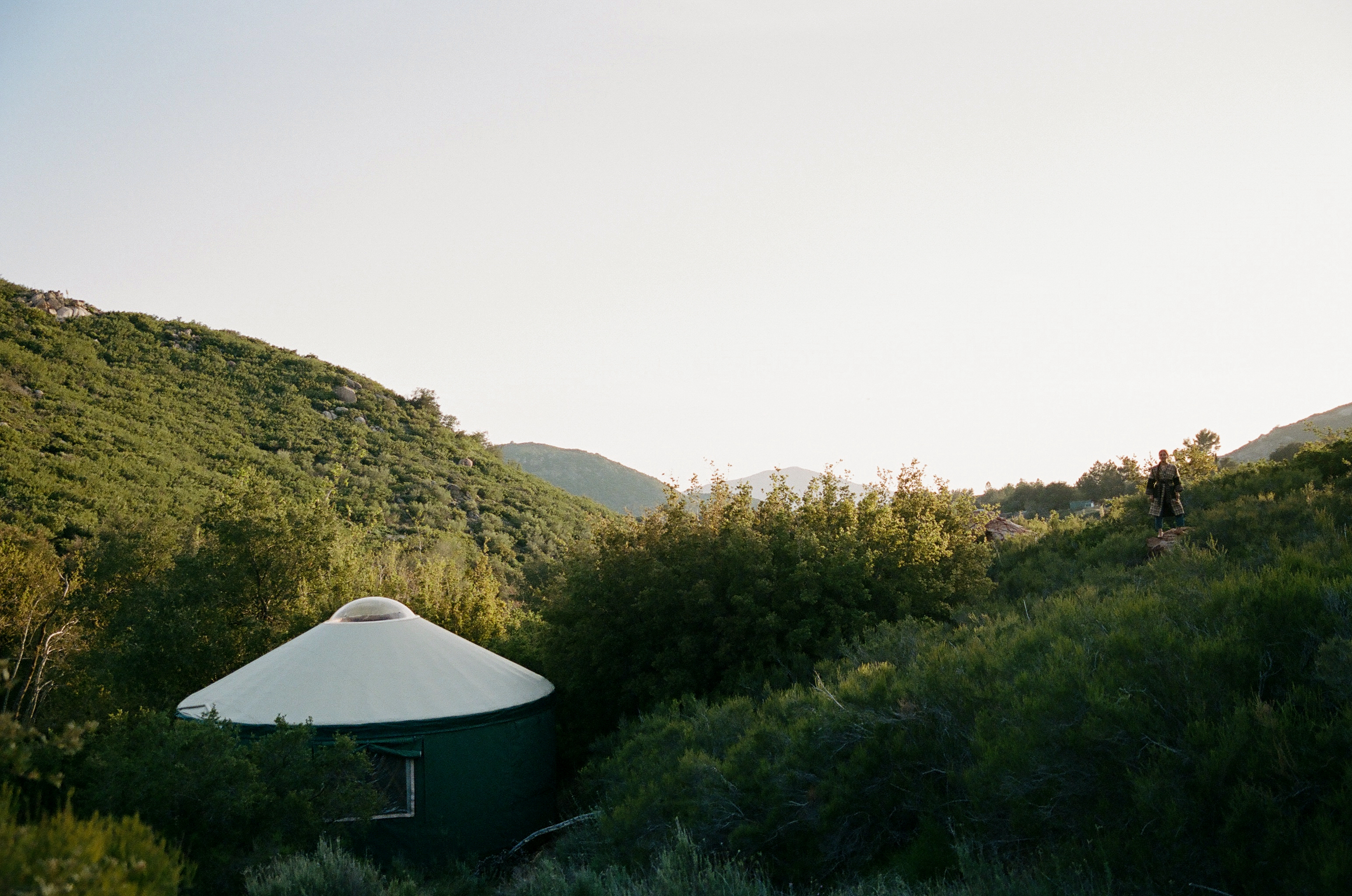
What words of wisdom do you often share?
I found myself saying a lot since 2020, curiosity is a sign of health. Being able to give someone the benefit of the doubt is a sign of health. It doesn't mean we're healthy at every moment, but those values are something to aspire to.
What are some of the best teachings you’ve received?
This comes from the Wise Woman Tradition where I received my own green witch initiation. There is a precept that says “A wise woman insists on the uniqueness of each situation.” Collectively, we’ve lost a lot of our capacity to perceive the nuances in life, but in every single situation, no matter how much it seems exactly the same as other situations, it is unique and has its own set of factors to consider. So in these times wise woman ways can become a means of resistance. We can insist on the uniqueness of every situation, get curious and make space to hear the other side of the story. Be curious about why others say and do what they do. I find my center in the present moment through just repeating these words to myself.
What are some of your daily rituals?
There are things that I've committed to that are in my tool bag and I reach for them in different seasons and different times in my life. I’m really committed to the dream work because I just get so much fascinating information and guidance. The way that I eat is very seasonal and elemental and guided by different herbal principles. I'm healthiest when I'm working with my herbal medicines in just a continuous symphony and listening for what comes next.
What are some of your favorite personal items?
When I moved into this house there was a large natural formation, a heart shaped granite stone that the previous owners had left in the kitchen. It's not a crystal, it's nothing fancy, and that's in the middle of my altar. I have a wand made from ribbons where each ribbon represents a prayer that someone made for my son’s life before he was born, and a ceremonial necklace carved by Taino artist Daniel Silva Pagan, a gift from my partner that is very special to me.
What books are you reading right now?
I have been loving Prakriti: Your Ayurvedic Constitution by Dr. Robert E. Svoboda. It’s a small technical primer in Ayurveda but for some reason I find the way the concepts are worded to be so hilarious. After I receive healing treatments, I like to integrate by lying in bed reading Oaxaca: Stories in Cloth about the history of textiles in rural areas of Oaxaca.
